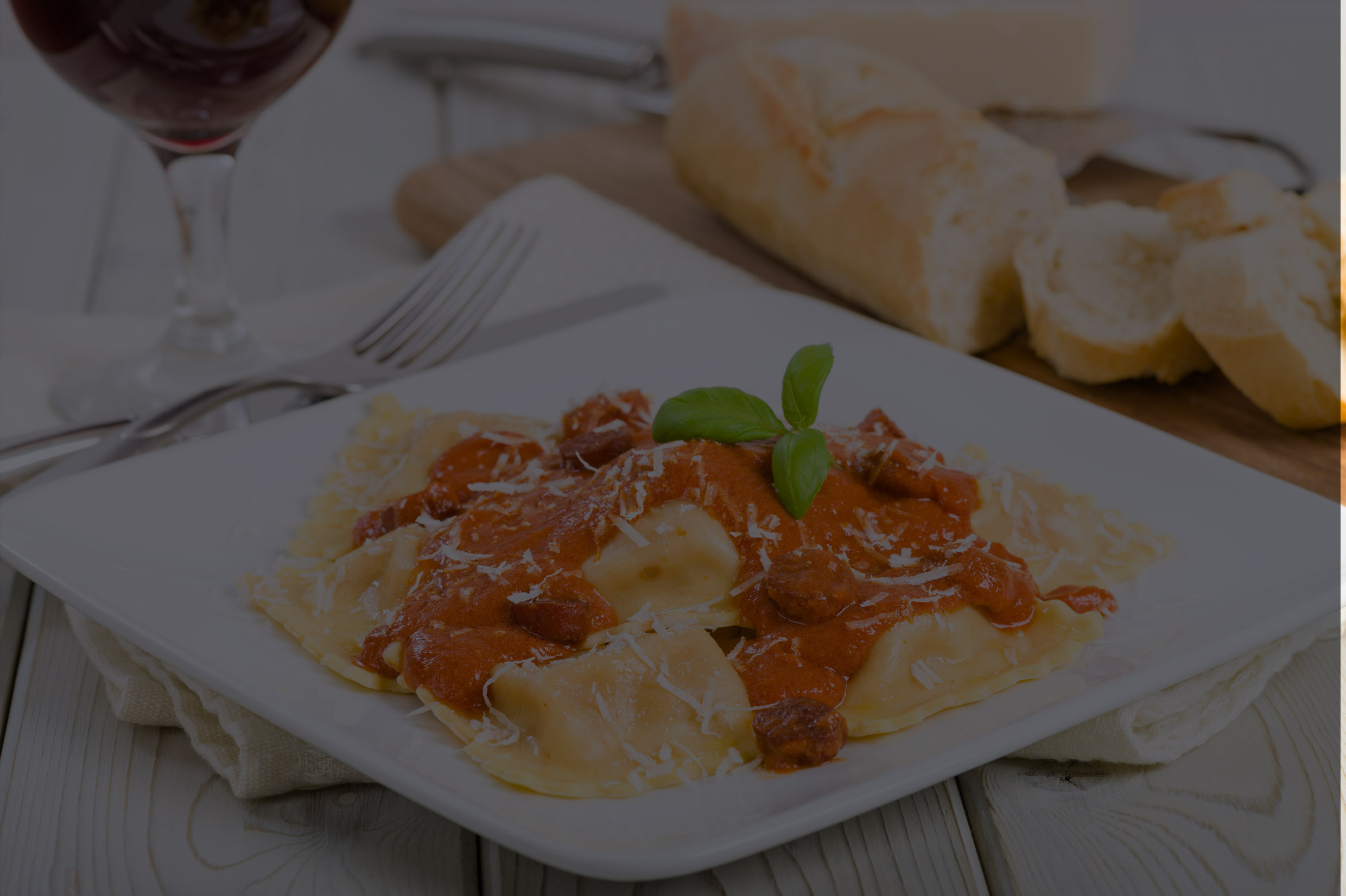
Selling Our Gastronomy
October 25, 2025

A World of Opportunity for Malta
October 25, 2025
Malta’s Culinary Treasure
October 31, 2025We talk about authenticity, but when it comes to food we still hide our own. It is time to pull Maltese cuisine from the sidelines to the spotlight of our tourism offer, Joseph Galea writes.
When I started writing this feature, I was torn between calling it ‘Creating our gastronomy offer’ or ‘Selling our gastronomy’. I chose the latter, as our gastronomy offer has existed for generations – the food of our parents and grandparents, boasting the authentic flavours that define us as Maltese.
Yet, rather than proudly showcasing this culinary heritage, we often highlight the cuisines of other nations, while our own traditional recipes, which carry the essence of our history and identity, remain unappreciated, undervalued, and unsold.
This may be the right time to address the situation, as the authorities are claiming they are pivoting Malta’s tourism model from volume to value, promoting authenticity to a more discerning clientele. That shift cannot be only a marketing slogan; it demands a deeper, more genuine cultural proposition.
Food is one of the clearest indicators of a destination’s quality and authenticity. A quality destination must showcase a rich gastronomical heritage that has stood the test of time. When local cuisine remains at the heart of the culinary scene, rooted in traditional recipes and local ingredients, accompanied by cultural storytelling, it reflects the true identity of our country.
It is what makes our destination different from others competing for tourists’ attention. Destinations that prioritise their own food traditions, rather than being overshadowed by imported cuisines or global fast-food chains, create a distinctive and immersive experience.
This authenticity not only elevates a destination’s reputation but adds depth and value to the travel experience.
While recent years have seen a leap forward in the development of quality restaurants, recognised by the Michelin guide, Maltese food is largely absent in the very places that define our national brand. Where in Malta can you eat local food in hotels or high-end restaurants?
There are venues that offer authentic dishes, but many are aimed at locals, and tourists are often limited to fixed set menus for group tours, with little chance to explore the full range of our cuisine. Restaurants in tourist areas that position themselves as serving local food often limit the choice to a soup or two, fresh fish, and rabbit, with the ‘local’ fare prepared by non-Maltese chefs.
Without local chefs, we lose the opportunity to enhance the experience by having them present and explain the food they have prepared.
When guests want to try the local kitchen, it is difficult to suggest options. The problem is not that Maltese food isn’t good enough; it is that we have not packaged and promoted it as desirable, premium, and interesting, and it has become hard to find.
As an industry, we have failed to elevate our local cuisine from rustic and cheap to authentic, refined, and relevant.
Quality-driven tourists are not satisfied with takeaway pizza, global fast-food joints, or tourist menus. They seek experiences beyond simply eating – they want to immerse themselves in local food culture.
Tourists love a good story they can relate to the dish they enjoyed and retell back home. A food story can make the dish taste better, help the visitor remember the dining experience, and inspire them to promote our destination by praising our food.
Our local kitchen can improve the experience of quality tourists and even become a motivational segment in its own right, drawing visitors to Malta, particularly in off-peak months.
While some chefs and entrepreneurs have promoted traditional dishes, the time may be right to establish a dedicated academy or institute that supports, preserves, and promotes authentic local cuisine and ensures these traditions are passed to the next generation of chefs.
If food is a key ingredient in the authentic tourist experience, we must not forget its great companion – wine. Malta has developed a small yet respected wine industry in recent years.
While Maltese wines are not widely known internationally due to limited production and rare exports, this exclusivity can attract quality tourists who see visiting Malta as their only chance to taste them. Yet many restaurants still prioritise foreign wines, missing the opportunity to showcase this unique product.
Initiatives like MTA’s appointment of a wine ambassador are positive, but a stronger push is needed to position Malta’s limited wine production as a distinctive experience.
Promoting Maltese cuisine is not just about pride; it is about the long-term sustainability of our tourism industry. Locally sourced menus support farmers, the fishing industry, and artisans.
A defined culinary identity strengthens brand Malta, increases average spend per tourist, and positions our islands competitively in the experiential travel market.

Joseph Galea JG Tourism Solutions (joe@jgtourismsolutions.com)
Joseph Galea is the Founder of JG Tourism Solution, a private consultancy providing strategic expertise to the hospitality, tourism, and aviation industries. With a career that includes senior appointments both in Malta and abroad, he has held prominent leadership positions such as Director of International Marketing at the Malta Tourism Authority and also served as Chief Executive Officer of Air Malta.
Joseph also currently chairs the Tourism Operators Business Section within the Malta Chamber, where he remains actively engaged in advancing the sustainable growth and long-term development of the tourism sector.
Click here to see Horeca Issue 21 online



